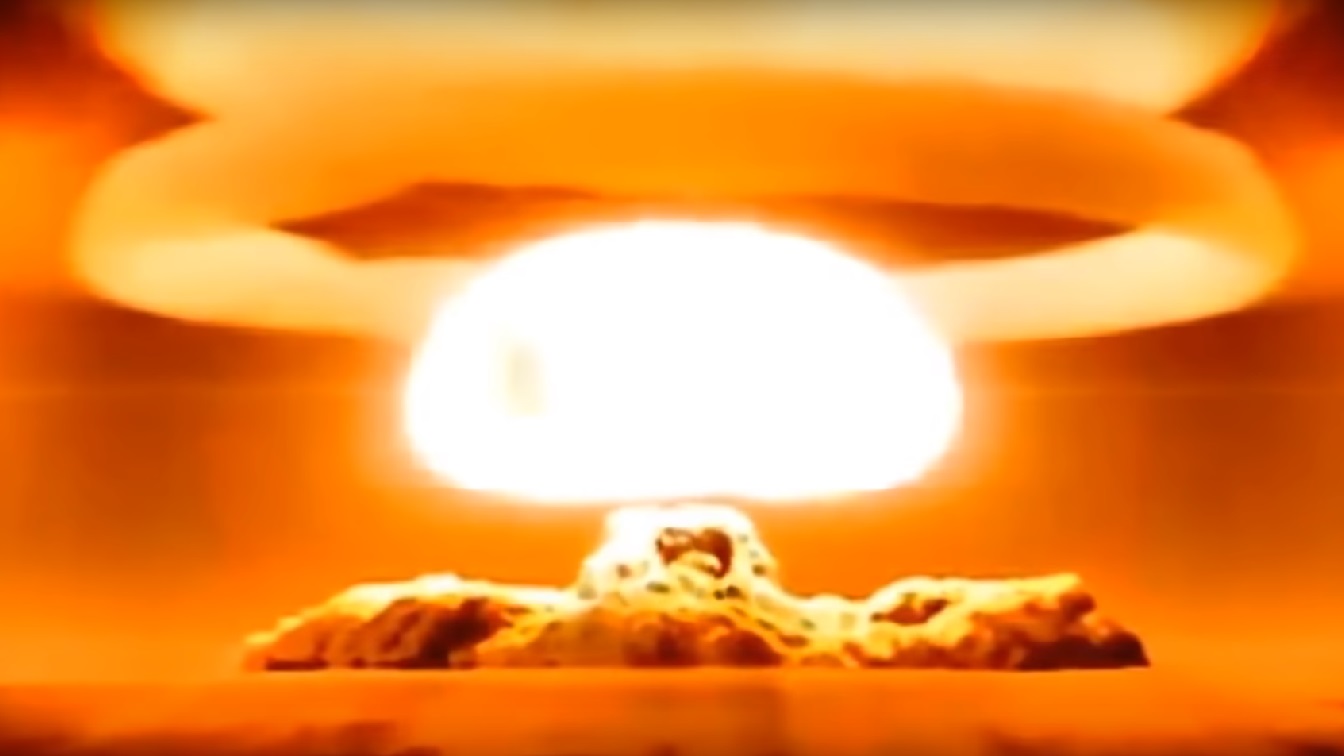Post-War Ukraine Must be a Nuclear Weapons State – The Joe Biden administration has announced its latest $2.5 billion military package for Ukraine. Ukraine needs the equipment the United States will provide desperately as it continues to fight Russian aggression.
While Ukraine denied Russian President Vladimir Putin the lightning victory he expected, the Russian leader still believes he can wear Ukraine (and its Western supporters) with a war of attrition. Missing in the Ukraine package were M1 Abrams tanks, the primary system Ukrainian military leaders said they needed most as they prepared for the urban warfare needed to recapture towns and cities still under Russian occupation.
Pentagon officials—most recently Undersecretary Colin Kahl—argue that Ukraine should not have the M1 Abrams as its fuel needs would be too great.
While this is the public rationale for rejecting Kyiv’s request, the real reason appears more to be the White House belief that they can walk a tightrope between aiding Ukraine and assuring the Kremlin that it will not enable Ukraine to be a threat beyond its borders.
Fair enough, but White House micromanagement in a time of an existential threat to Ukraine, coupled with the previous betrayal of security guarantees offered Ukraine in exchange for its forfeit of legacy Soviet nuclear weapons, should cement Ukrainian thinking for the day after it liberates every square inch of its territory, from Yalta to Chertkovo.
If the world allows Russia to remain a unitary state and if it allows Putinism to survive Putin, then Ukraine should be allowed to maintain its own nuclear deterrence, whether it joins NATO or not.
Arms control experts will complain: Too often, they put the theory of deterrence above the reality of the threat that rogue states pose. But, Russia has repeatedly shown it will prey on its neighbors, and the world should never again expect Ukraine to suffer whenever a Russian leader wants to establish a legacy or distract from his own economic mismanagement and corruption. Ukraine needs the ultimate deterrence.
Nor does a nuclear-armed Ukraine necessarily undermine the current non-proliferation community. Russian leaders have repeatedly threatened to use nuclear weapons. Certainly, that they do so reflects both weakness and desperation.
Simultaneously, however, their goal is to force Ukraine’s supporters to self-deter. This has worked as both Germany’s refusal to provide Leopards and Biden’s rejection of Abrams show.
If the international community demonstrates that the response to an aggressor’s nuclear brinkmanship will be to ensure the victims of their aggression can, in theory, do likewise, even the most belligerent dictator may think twice.
Consider it Deterrence 2.0.
Dr. Michael Rubin is a senior fellow at the American Enterprise Institute, where he specializes in Iran, Turkey, and the broader Middle East.A former Pentagon official, Dr. Rubin has lived in post-revolution Iran, Yemen, and both pre-and postwar Iraq. He also spent time with the Taliban before 9/11. For more than a decade, he taught classes at sea about the Horn of Africa and Middle East conflicts, culture, and terrorism, to deployed US Navy and Marine units. Rubin is also a 19FortyFive Contributing Editor.

